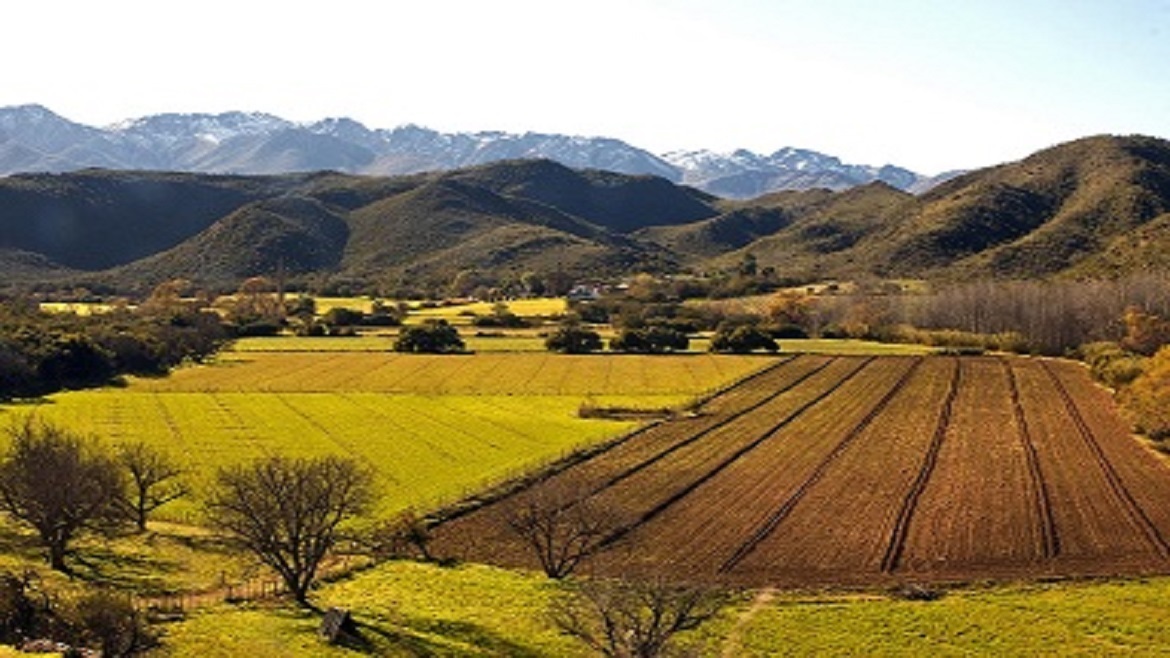The burden of malnutrition
Zinc deficiency is recognised as the world’s most critical micronutrient deficiency and UN Secretary-General Ban Ki-moon has called the mineral a “life-saving commodity”. Inadequate intake is responsible for around 800,000 deaths each year, with more than two billion at risk. It is also a widespread problem; the nutrient is deficient in 50% of the world’s agricultural soils from the Andean region and Central Africa to the Indian sub-continent.
More generally, malnutrition is one of the greatest challenges the world faces. An estimated 60% of the deaths of children under five are caused by malnutrition, which is also associated with a host of other chronic ailments including stunted growth (which affects one out of three children globally), reduced brain development, muscle wastage, heart disease and even blindness. In fact, more than one-tenth of the total disease burden from which the global population suffers can be traced back to micronutrient deficiencies.
I have worked in agricultural development and the fertiliser industry since the 1980s and it was during this period that we noticed that Turkish farmers, especially those in central Anatolia, were among the very poorest members of the population. It soon became clear that worryingly high numbers of people were suffering from malnutrition. How so?
Research by academics such as Ismail Cakmak at Sabanci University in Istanbul unveiled a startling fact: Anatolian soil was severely zinc deficient. These zinc deficient soils were not only reducing yields by 40-60% but also reducing the bioavailability of this essential mineral to people eating locally grown crops.
A solution to this was to start producing fertilisers with added zinc, in addition to the mix of nitrogen, phosphorus and potassium more commonly found in fertilisers. The added zinc had immediate and profound impacts. In the Central Anatolian region, the application of zinc fertilisers on wheat led to a five-fold increase in crop yield.
Even more note-worthy was the fact that the zinc deficiency in the local population was quickly eliminated as a result. It is not a coincidence that most cases of zinc deficiency in humans occur in regions where there is less zinc in the soil. Simply put, crops grown in areas with more zinc in the soil pass more zinc up the food chain.
The road ahead
The zinc-fortified fertiliser programme that I oversaw in Turkey is now part of a more global programme which extends to nutrient deficiencies in selenium and iodine as well. In the case of iodine, UNICEF has described iodine deficiency as “the world’s single greatest cause of preventable retardation”, whilst studies indicate a link between selenium deficiency and various cancers. A recent publication by the IFA and the International Plant Nutrition Institute (IPNI) looks more closely at the broader potential of fertilisers to improve human health. Entitled “Fertilizing Crops to Improve Human Health”, it compiles existing knowledge, successes and the steps we must take to have an even greater impact.
Investing in simple, affordable and sustainable solutions to reduce malnutrition is the responsibility of all, and I hope that micronutrient fertilisation will be a solution followed by many others.
The successes I witnessed in Turkey can be replicated on farms elsewhere in the world where soil deficiencies still affect the local population. Half of the soils in the world are deficient in zinc, which means we can make incredible progress in addressing this particular deficiency, as well as others in iodine, selenium and also boron, which is important for plant growth and, when deficient in humans, has been linked to growth issues and reduced cognitive development.
This is a task that requires collaboration between governments, research institutions, civil society and business. Further research and dissemination is needed for programmes like micronutrient fertilisation to up-scale. Across a sector as large and diverse as agriculture, these projects must be coupled with more effective input and output markets, far-reaching rural extension services and good governance systems.
Esin Mete will be discussing the issue of malnutrition at the 2014 Feeding the World event in London. For further information please visit: www.feedtheworldsummit.com




